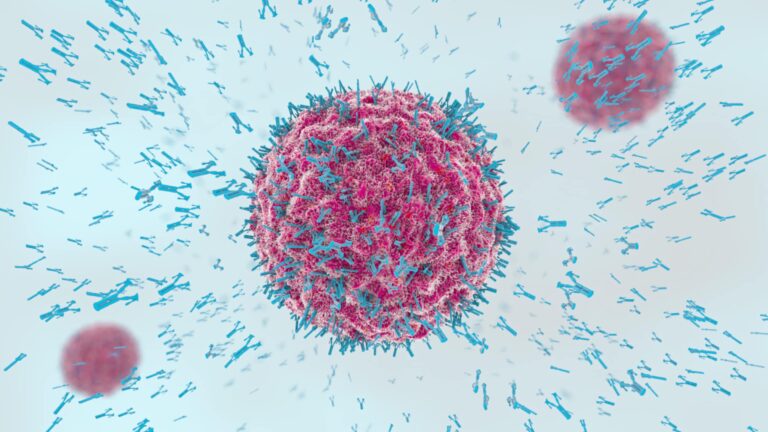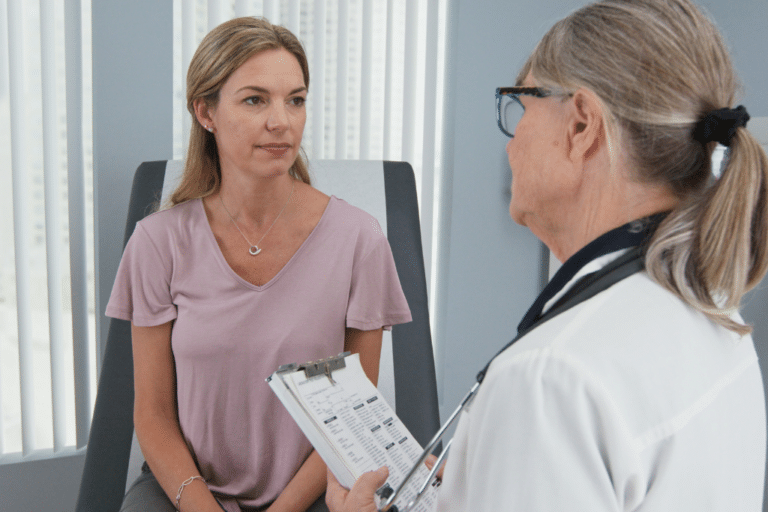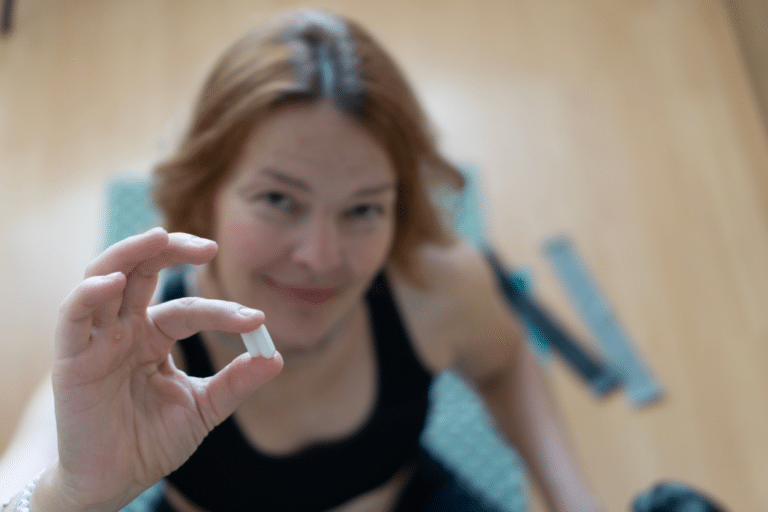As soon as the news hit about the COVID-19 virus, we were bombarded with information from sources near and far.
Unfortunately, misinformation can spread like… well… a virus.
Myths and memes ranging from pet transmission to homemade vodka hand sanitizer (you read that correctly) became available for all to share on Pinterest boards and to post to Facebook, Instagram, and Twitter. The villain lurking in many of these myths… FEAR. The best way to fight FEAR?? Arm yourself with FACTS!
(Warning: you may feel better after reading this guide to coronavirus/COVID-19!)
What is a Coronavirus?
Coronaviruses are a large family of viruses that can infect humans or animals. Human coronaviruses cause respiratory illnesses. Most people get infected with a type of coronavirus, the common cold, at some point in their life.
Several other types of coronaviruses, such as; Middle East Respiratory Syndrome (MERS) or Severe Acute Respiratory Syndrome (SARS), pose a more significant respiratory health risk. The most recent identified coronavirus is named COVID-19.
What is COVID-19?
Coronavirus disease 2019 (COVID-19) is a new type of coronavirus. It was first identified in Wuhan, China, in December of 2019 and has spread to other countries of the world.
What are the Symptoms of COVID-19?
The most common symptoms are similar to the influenza virus; fever, tiredness, and a dry cough. Some people have a runny nose, sore throat, nasal congestion, or diarrhea.
Is There a Test for COVID-19? How about a Specific Treatment?
There is a test for COVID-19. There is no specific treatment, but medical care can help relieve symptoms.
How is COVID-19 Spread?
COVID-19 is spread from person to person via droplet transmission.
- Respiratory droplets travel from a sneeze or cough from people in close contact (within 3 feet) of each other.
- The droplets travel from the infected person and enter the mucous membranes (nose or mouth) of another person.
- The virus can be spread by touching a contaminated surface and then touching your eyes, nose, or mouth (though this is not as likely).
Who Should Worry About COVID-19?
According to the WHO, most people (around 80%) recover from the virus without needing special treatment. About 1 in 6 people who become infected with COVID-19 become seriously ill and develop breathing problems. Older people, individuals who are immunocompromised (have heart problems, preexisting respiratory conditions, or diabetes) are more likely to develop severe complications.
10 Ways to Protect You and Your Family from COVID-19
- WASH YOUR HANDS!!!! Or if that is not possible, use alcohol-based hand sanitizer. I know that our local stores are selling out of the stuff, so the best route is just plain ole’ soap and water! Or you can make your own. Here’s a recipe.
- Educate yourself. Knowledge is indeed power. But, for heaven’s sake, don’t drive yourself crazy (see: How to Deal with COVID-19 Associated Stress below).
- Practice good respiratory hygiene. Cover your cough and wash your hands after you have contact with your nose or mouth.
- If you feel ill, stay home. Call your doctor if you have a high fever, have trouble breathing, have been in close contact with a person known to have COVID-19, or if you live in or have recently traveled from an area with ongoing spread of COVID-19. Due to the risk of transmission, it is often best to avoid public places, especially one like your doctor’s office where there is a high chance of exposure.
- Stay 6 feet away from other people (that’s also called social distancing).
- WASH YOUR HANDS!!!!
- Clean all of your tech equipment. Just like your hands, your keyboard and smartphone get germs on them.
- Are you a health care professional? If not, don’t buy a mask or gloves. This depletes the supply needed for these folks. See: WASH YOUR HANDS above. ☺
- Limit travel to places known to have outbreaks of COVID-19. See: the Centers for Disease Control and Prevention’s Situation Summary for the most current information on the number of cases and locations of outbreaks.
- Use a regular household cleaning spray or wipe to clean and disinfect areas you frequently touch.
- WASH YOUR HANDS!!!!
How to Deal with COVID-19 Associated Stress
- Recognize that it is reasonable to feel sad, stressed, confused, or angry. The important thing is to recognize what you can control, and that the worst thing you can do is panic.
- Limit worry and agitation by limiting the time you spend watching or listening to media that you perceive as upsetting. Instead, watch some Netflix or even better- take a media break.
- Get the facts. Gather information that will help you accurately determine your risk so that you can take reasonable precautions. Find a credible source you can trust, such as the World Health Organization WHO or Centers for Disease Control and Prevention CDC websites.
- Channel your negative energy into some positive energy. Call a friend or catch up on your correspondences.
- Take care of yourself. Take a bath, read a book, get some extra sleep.
Hopefully this guide helped dispel some of the myths you’re hearing. Of note, household pets cannot transmit the virus and save your vodka. It doesn’t contain enough alcohol to kill the virus.
[bctt tweet=”Here’s a quick guide on COVID-19 (Coronavirus) with the facts as we know them right now. #CDC #WHO #coronavirus #COVID-19 #handsanitizer #handwashing #DrAnnaGarrett #AnnaGarrettAsheville” username=”DrAnnaGarrett”]
Dr. Anna Garrett is a menopause expert and Doctor of Pharmacy. She helps women who are struggling with symptoms of perimenopause and menopause find natural hormone balancing solutions so they can rock their mojo through midlife and beyond. Dr. Anna is the author of Perimenopause: The Savvy Sister’s Guide to Hormone Harmony. Order your copy at www.perimenopausebook.com.
Dr. Anna is available for 1-1 consultations. Find out more at www.drannagarrett.com/lets-




